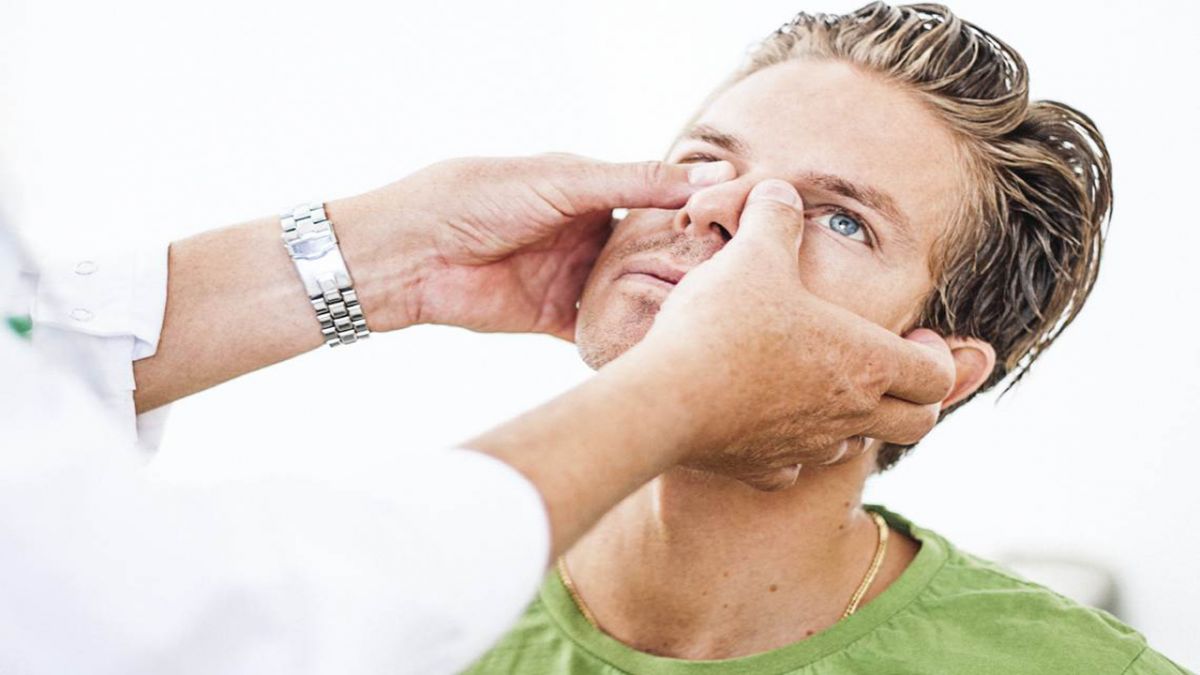Advertisement
Nosebleeds may seem like a minor issue, but they can be indicative of underlying health problems, particularly high blood pressure and arteriosclerosis. How are these conditions related to nosebleeds? This article explores this question and provides some strategies for addressing these issues.

High blood pressure is characterized by excessive pressure in the blood vessels. This elevated pressure places an extra burden on the blood vessel walls, especially in areas where the vessels are more fragile, such as the nasal cavity. The nasal cavity has a rich network of blood vessels and is often exposed to dry air, which can affect the moisture and cleanliness of the mucous membranes. In this context, blood vessels in patients with high blood pressure are more prone to rupture due to the excessive pressure, leading to nosebleeds. Therefore, keeping blood pressure within a normal range is crucial for reducing the occurrence of nosebleeds.
For elderly individuals, the causes of nosebleeds can be more complex. Although high blood pressure is more common among older adults, nosebleeds are not necessarily solely attributed to high blood pressure. Other local factors such as inflammation or tumors might also contribute to nosebleeds. Therefore, when elderly individuals experience nosebleeds, a comprehensive examination is needed to determine the specific cause. In some cases, nosebleeds might be a manifestation of high blood pressure, especially if the blood pressure is unstable.

Arteriosclerosis is a degenerative condition characterized by thickening and loss of elasticity in the blood vessel walls. With aging, arteriosclerosis becomes more prevalent among older adults. Arteriosclerosis leads to reduced elasticity in the blood vessels, weakening their ability to contract and expand. This condition makes the blood vessels more susceptible to rupture under external or internal pressure, resulting in nosebleeds. Therefore, individuals with arteriosclerosis may face a higher risk of nosebleeds.
Although nosebleeds are often a local issue, they can sometimes signal more serious health problems. Both high blood pressure and arteriosclerosis can increase the risk of stroke. If nosebleeds are not treated promptly and effectively, they may lead to further instability in blood pressure, increasing the risk of cerebral blood vessel rupture and, consequently, a stroke. Therefore, it is important to seek medical attention immediately upon noticing a nosebleed, undergo thorough examination and treatment to reduce the risk of stroke.

High blood pressure and arteriosclerosis not only have the potential to cause nosebleeds but also may indicate broader health issues. To manage these risks effectively, it is advisable to regularly monitor blood pressure, control hypertension, and conduct comprehensive health checks for the elderly. Timely identification and treatment of underlying health issues are essential to preventing nosebleeds and associated serious complications.
Advertisement




